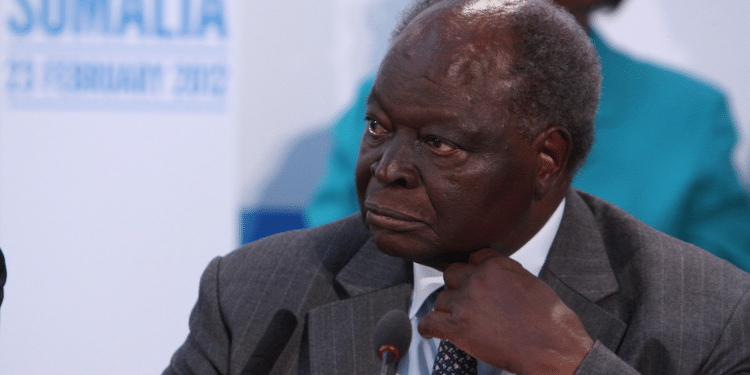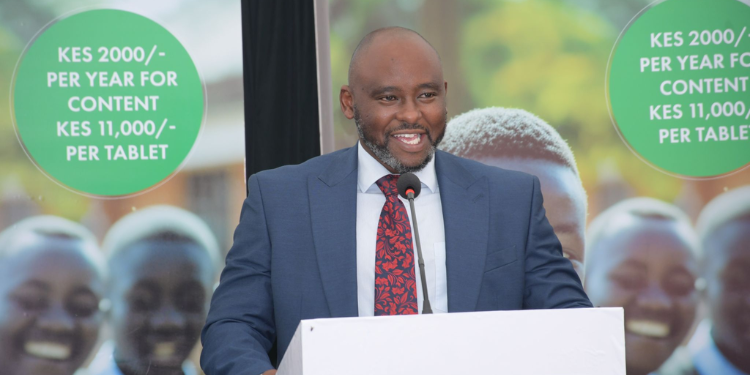In 1969, Jael Mbogo, a prominent political activist and advocate for women’s rights, ran for the Bahati Constituency (Donholm) parliamentary seat in Nairobi.
At the time, she was championing increased political representation for women in a male-dominated post-independence Kenya. Her opponent was Mwai Kibaki, then Minister of Finance, who would later become Kenya’s third president.
Born around 1933, Mbogo was already a respected public figure. She had played a key leadership role in Maendeleo ya Wanawake, a major women’s organisation, during the 1960s.
She also contributed to the Daily Nation, writing a column that tackled issues affecting women, including education, economics, and gender equality in the context of newly independent Kenya.
Although Mbogo lost the 1969 election, which faced allegations of vote irregularities, her narrow defeat against Kibaki inspired women to vie for political seats.
Kibaki Narrowly Defeats Jael Mbogo
Donholm Constituency, which included diverse Nairobi neighbourhoods such as Kaloleni, Makongeni, Ofafa, and Jerusalem, was home to diverse ethnic communities. This made it a politically strategic location that attracted rising leaders like Mbogo and Kibaki. Despite limited financial backing, Mbogo relied heavily on grassroots support and her popularity in local communities.
Unlike many female candidates of the era, Mbogo focused on broad local issues rather than solely on women’s concerns.
Her opponent, Kibaki, though a respected technocrat from Nyeri with experience as Assistant Minister for Finance and Minister for Commerce and Industry, was perceived as having weak grassroots connections in Bahati.
Kibaki Denies Shifting His Political Base on the 1969 Elections
The Donholm Parliamentary elections were hotly contested. Kibaki narrowly defeated Mbogo and won the parliamentary seat, though the experience reportedly influenced his decision to relocate his political base to Othaya Constituency in Nyeri in 1974.
Jael Mbogo vied for the Donholm Parliamentary seat, renamed to the Bahati Constituency parliamentary seat in the 1974 general election, but lost.
Also Read: Today in History: Kidero ‘Slaps’ Shebesh
Kibaki later downplayed claims that Mbogo had pressured him out of Nairobi politics, instead stating that he had long been urged by Nyeri constituents to return and represent them.
In a recent media interview, Jael Mbogo revealed that she was determined to contest in the courts until she was advised against it.
“The late Chief Justice Kitili Mwenda told me to drop the petition, underscoring that I was still young. The important thing is to make sure that your head is on your neck because you are in no position to determine what lies ahead,” she said.
Follow our WhatsApp Channel and X Account for real-time news updates.
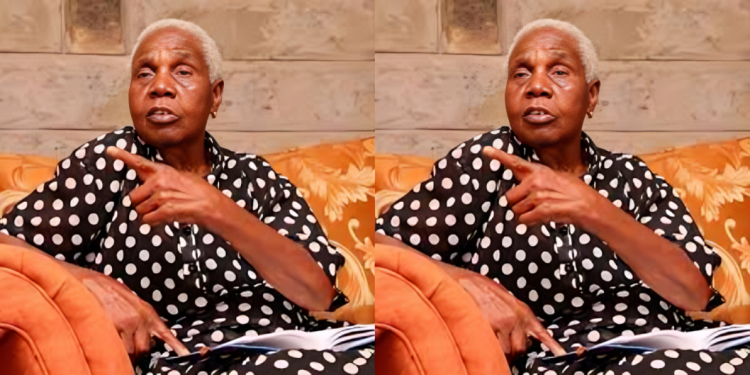

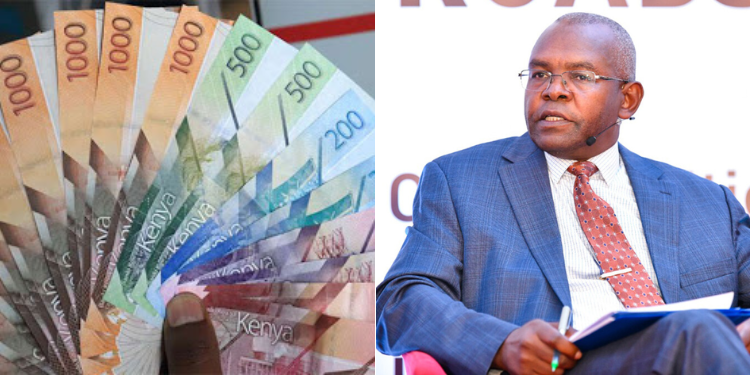
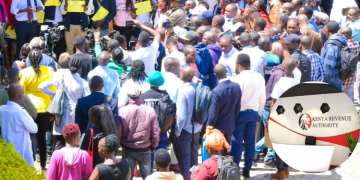


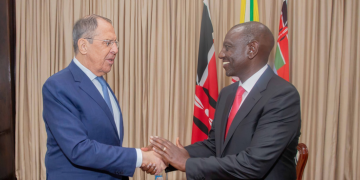
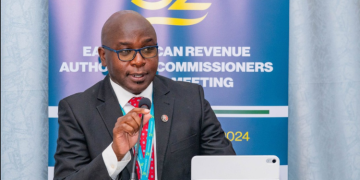

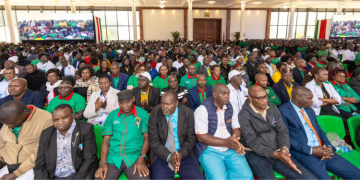







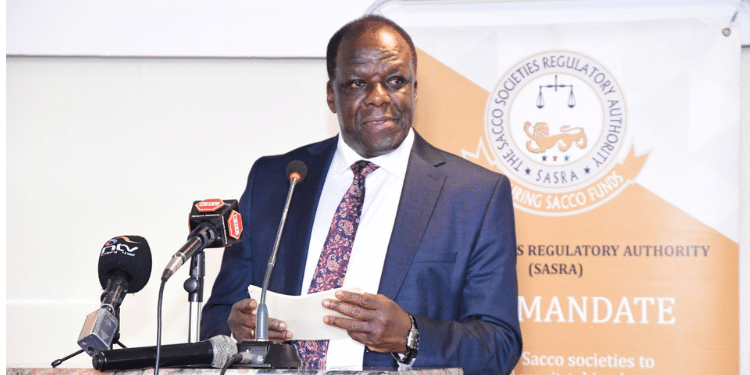




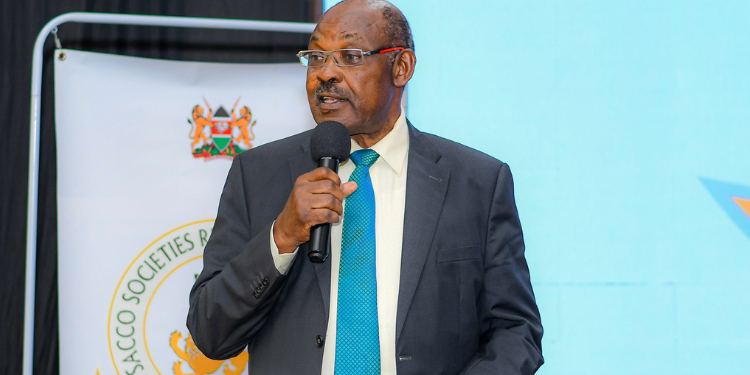

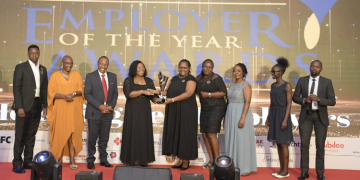































![Senator Allan Chesang And Chanelle Kittony Wed In A Colourful Ceremony [Photos] Trans Nzoia Senator Allan Chesang With Channelle Kittony/Oscar Sudi]( https://thekenyatimescdn-ese7d3e7ghdnbfa9.z01.azurefd.net/prodimages/uploads/2025/11/Trans-Nzoia-Senator-Allan-Chesang-with-Channelle-KittonyOscar-Sudi-360x180.png)

















